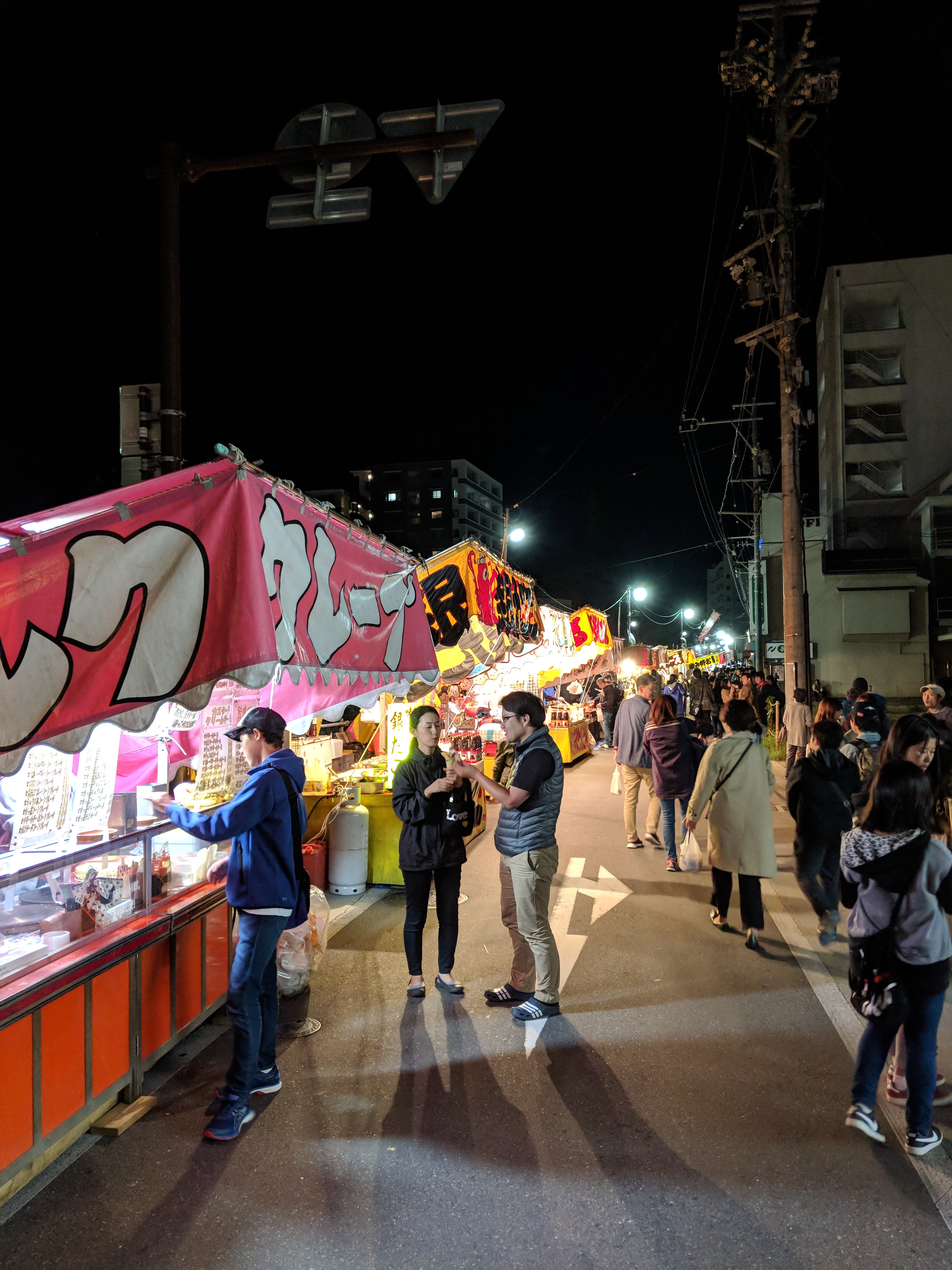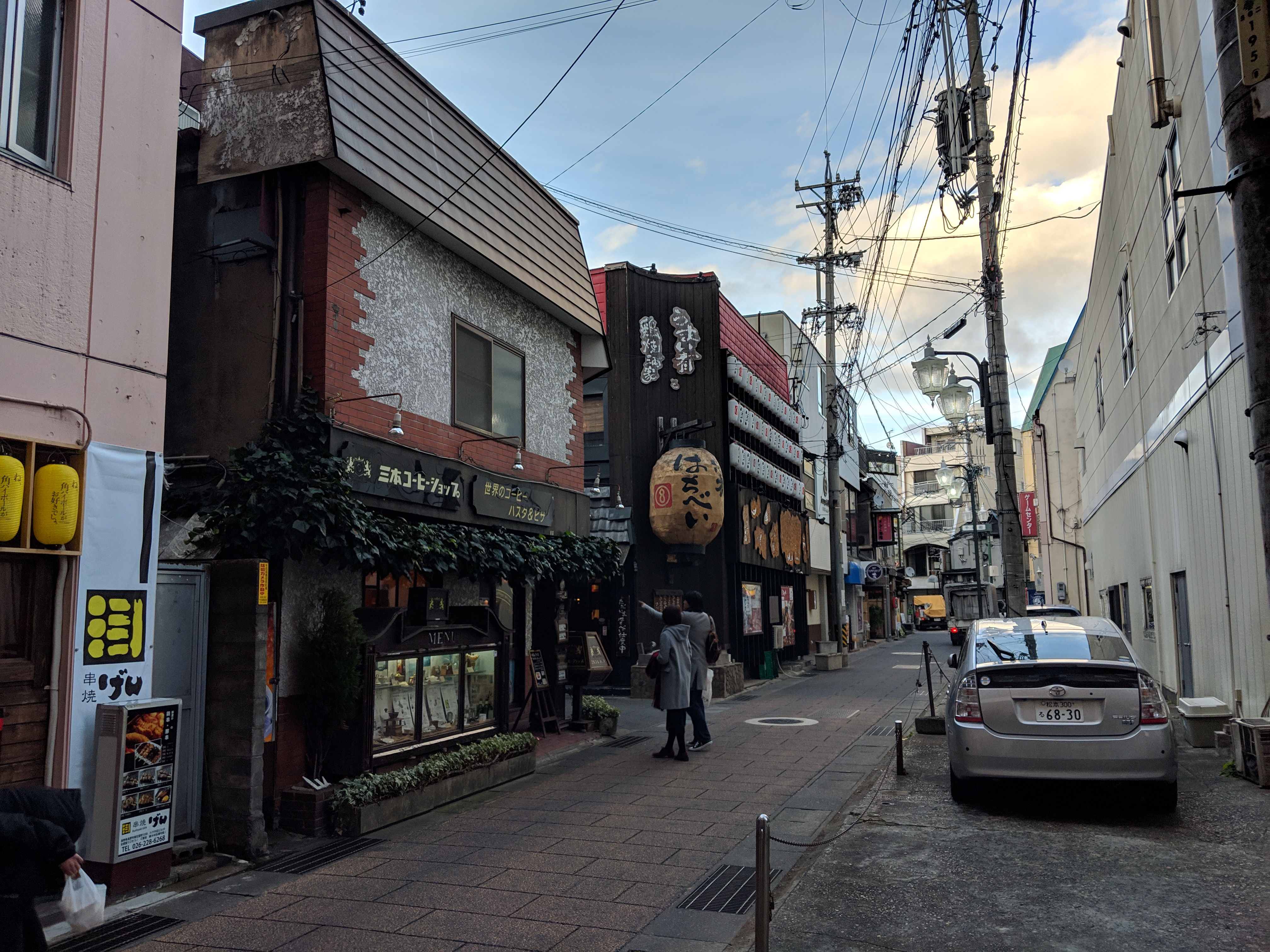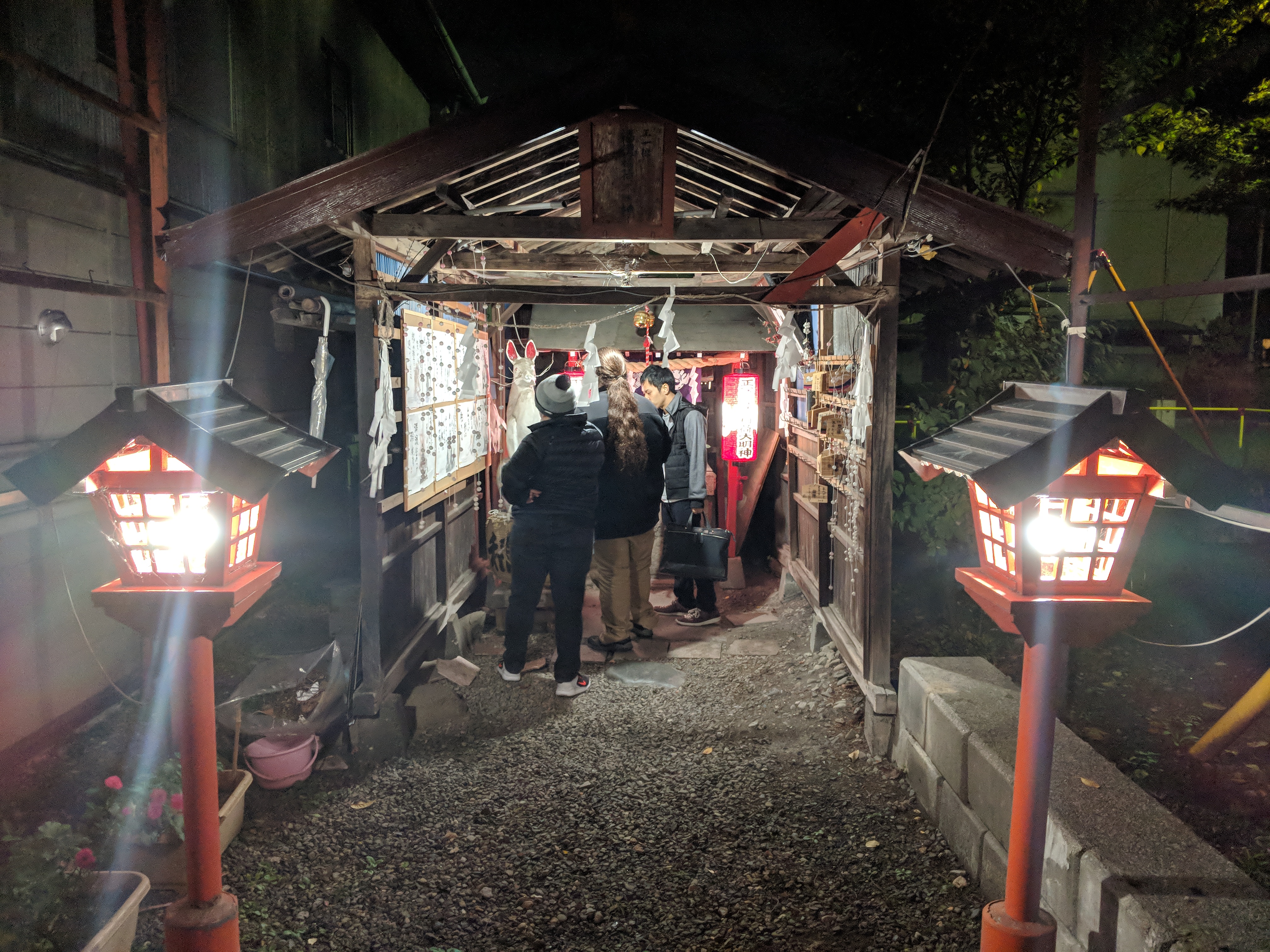As I sit down to write this article on my laptop, a Japanese let’s play (known as a 実況プレイ or jikkyou purei) of a PlayStation 2-era video game is playing via YouTube on my tablet next to me. Periodically, I look over and watch the action on the screen, provided the player has caught my attention with some interesting commentary. He’s not a known quantity to me, as I’ve watched so many videos from the various Japanese personalities I follow that I’ve run out of content from my usual sources and have had to find new ones. Watching games is a solid language learning method thanks to commentary accompanying and often describing the ongoing action. It also tends to lend well to sheer volume, as anyone playing through an entire game will be uploading a lot of video, which is great when you want to be constantly listening to something in a target language.
This always-slightly-distracted lifestyle is my new norm. In the morning, during a breakfast of fried potatoes or rice topped with natto, YouTube is also a frequent companion. In the evenings, once classes are done and the sun has set behind the mountains that surround Matsumoto, I find myself idly listening to Japanese music or a podcast while I work on homework. During dinner, which ranges from convenience store yakisoba to vegetarian マーポー豆腐 or mapodoufu, a Chinese favorite which I make without meat and serve over noodles, to any number of stir-fried concoctions of my own devising, I try to find the time to watch a professionally produced show of some type. The first one was Ainori, a Netflix re-imagining of an older Japanese dating show/road trip classic, and the latest was a bizarre live-action Japanese detective show called リバースエッジ 大川端探偵社 (Ribāsu Ejji Ōkawabata Tanteisha), itself a derivative of a comic with the same name. While I haven’t generally watched a lot of anime in the States, I’ve watched several series since coming here. Frankly, anything with value as listening and comprehension practice that’s even remotely interesting will generally do. Of course it does pay at times to turn off the distractions and focus on study, but constant input is especially good for mastering pronunciation and helping with listening skills.

Listening practice at home is worthwhile, as sometimes the real world is on the noisy side, but balance is important. You have to get out and speak too!
It would be fair to say that Japanese has become my life; that is, after all, why I came to the country to study in the first place. My progress in even just the last two and a half months has been tangible, yet as Japanese learners are often taught to humbly say, まだまだです: there’s yet a long way to go. This has made 一日一歩 (ichinichi ippo) a favorite aphorism of mine, translating into English as “one day, one step”. Another favorite of my former and still occasional Internet sensei George Trombley adorns the cover of an old edition of one of his Japanese From Zero textbooks. 塵も積もれば、山となる or chiri motsureba, yama to naru, translates along the lines of “even specks of dust, when piled up, will become a mountain”. I’m not yet where I want to be, and feeling more than my share of trepidation about the challenges of next semester, so every day I endeavor to do a little bit more and get a little bit better. Or perhaps do a lot more and get a little bit better.

Opportunities for reading and speaking are in every store, with every shop owner and clerk. Wherever you are in your host country, there’s a chance to practice!
Yet with such single-minded focus comes the accompanying danger of imbalance. A student’s life abroad generally runs a number of risks, but perhaps the most common trap is hanging out with other exchange students and not making friends in the host country. Second only to that, I suspect, is studying to the exclusion of actually going out and doing things with other people, which means not only losing out on language practice, but also potentially going a bit stir crazy. My class schedule and assigned homework on top of my own rather ambitious self-study programs leave me without a lot of free time, and I have to be careful to make sure that I go out with friends to do things even at times when my impulse is to stay home and catch up on work. Interaction opportunities are important, but even more so, self care is both important and alarmingly easy to overlook. Sometimes it really is wise to take a night off to play a video game or go see a movie, a fact which one of my fellow exchange students reminded me of not all that long ago when I was clearly stressed out. If nobody’s seen you for a while, there might be a problem.

Finances are equally difficult. While I ultimately came to Japan with robust funding through scholarships, I failed to account for the whole of how expensive travel here actually is and how expensive it would be to get around during my initial tour prior to classes at my university. There were also unexpected problems in actually getting some of my funding, and setting up my apartment after moving in cost a bit more than I had anticipated. It can be tough to balance going out and having experiences in your host country with saving for future events and taking care of necessities. Especially when you’re talking about many months or even a year in a country with a finite set of funds paid in a lump sum (as is often the case in America) that doesn’t come as a periodic stipend (which is the most common form in Japan), being careful to not overspend can lead to becoming so strict you don’t actually do anything. That’s considerably better than totally running out of money, but may lead to regret for opportunities skipped.
So as I spend my days alternating between reading manga, going out with friends, studying, reading Japanese books with my tutor, and taking care of classes and daily life necessities, I find myself having to be mindful of my time, where I’m putting my effort, and whether or not I’m taking proper care of myself physically and mentally. My friends here, both Japanese and not, have been incredibly important, as has my connection to family and friends back home.

Even if you don’t have money, there are things to go do. The Diao Wasabi Farm (大王わさび農場) for instance, is entirely free in addition to being gorgeous.
And, yes, so have my Netflix and YouTube accounts. Never underestimate the restorative power of a long (occasional) night in, binge-watching the Internet—just make sure, if you’re a language student abroad, you’re watching it in your target language.



